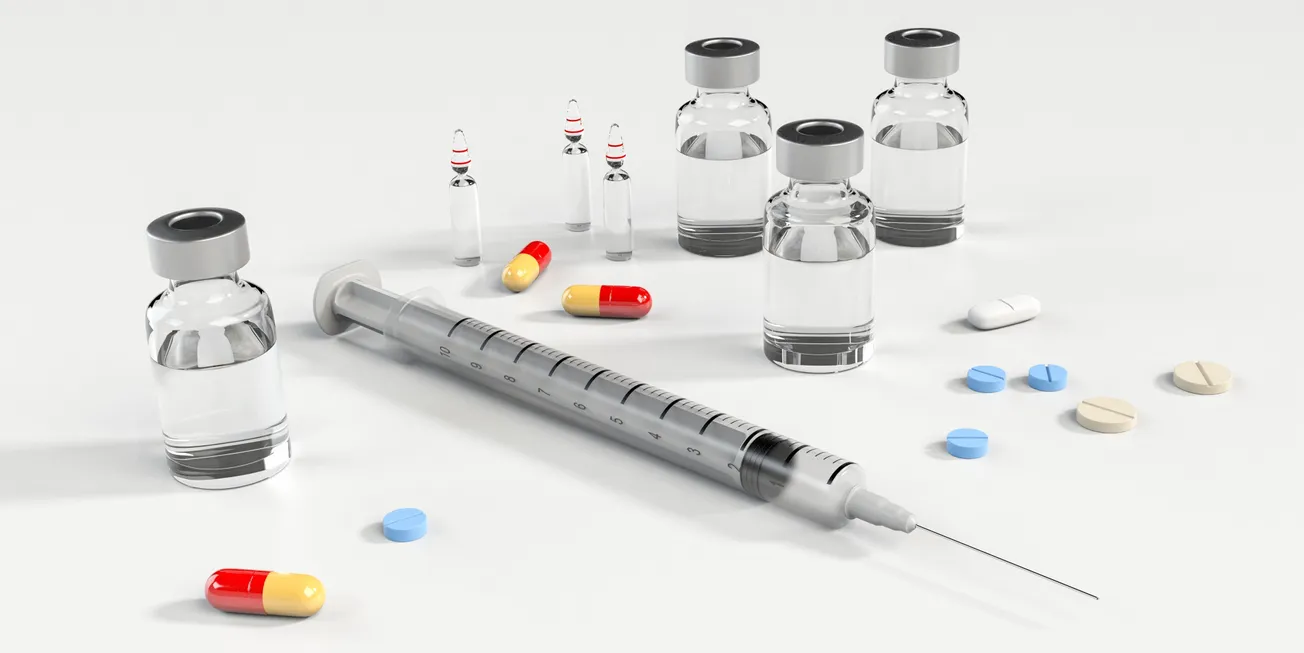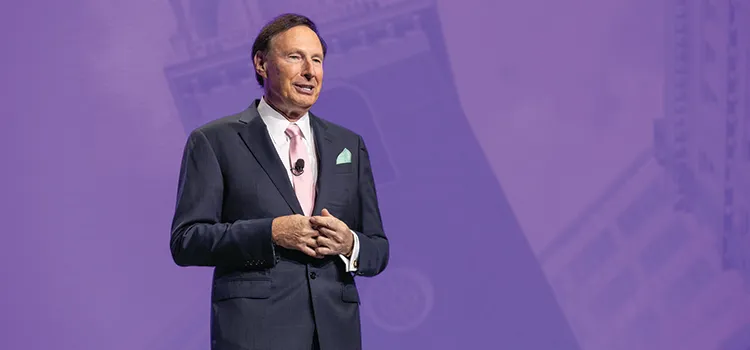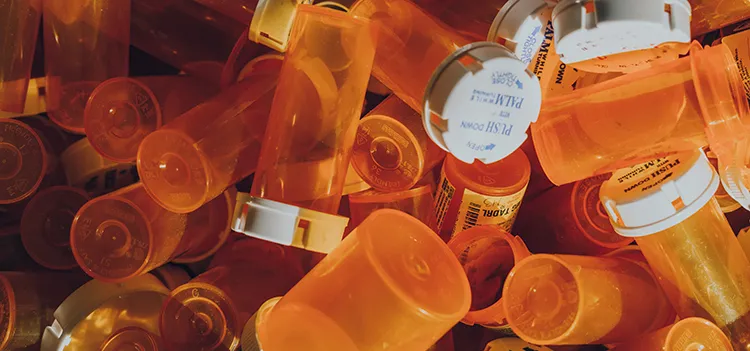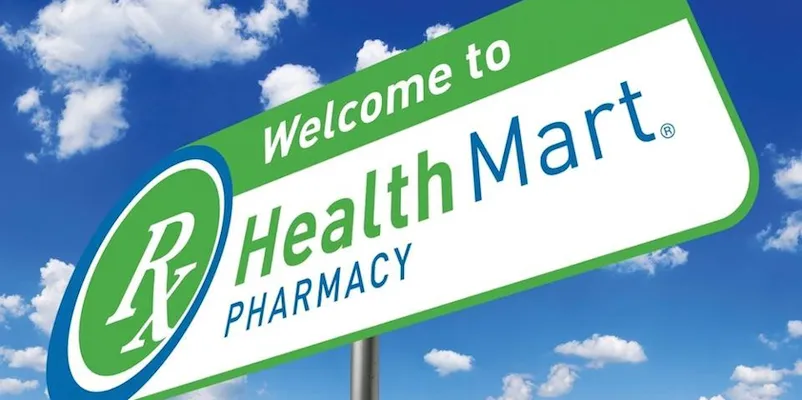The nation’s independent pharmacies are under severe stress and, unless the economic conditions in which they operate change dramatically, many of them could begin to disappear from the scene. That sobering conclusion stems from a new report by the National Community Pharmacists Association, which not only sounds the alarm about the uncertain prospects for that segment of the industry, but also highlights some of the thorny issues that also bedevil chain pharmacy operators.
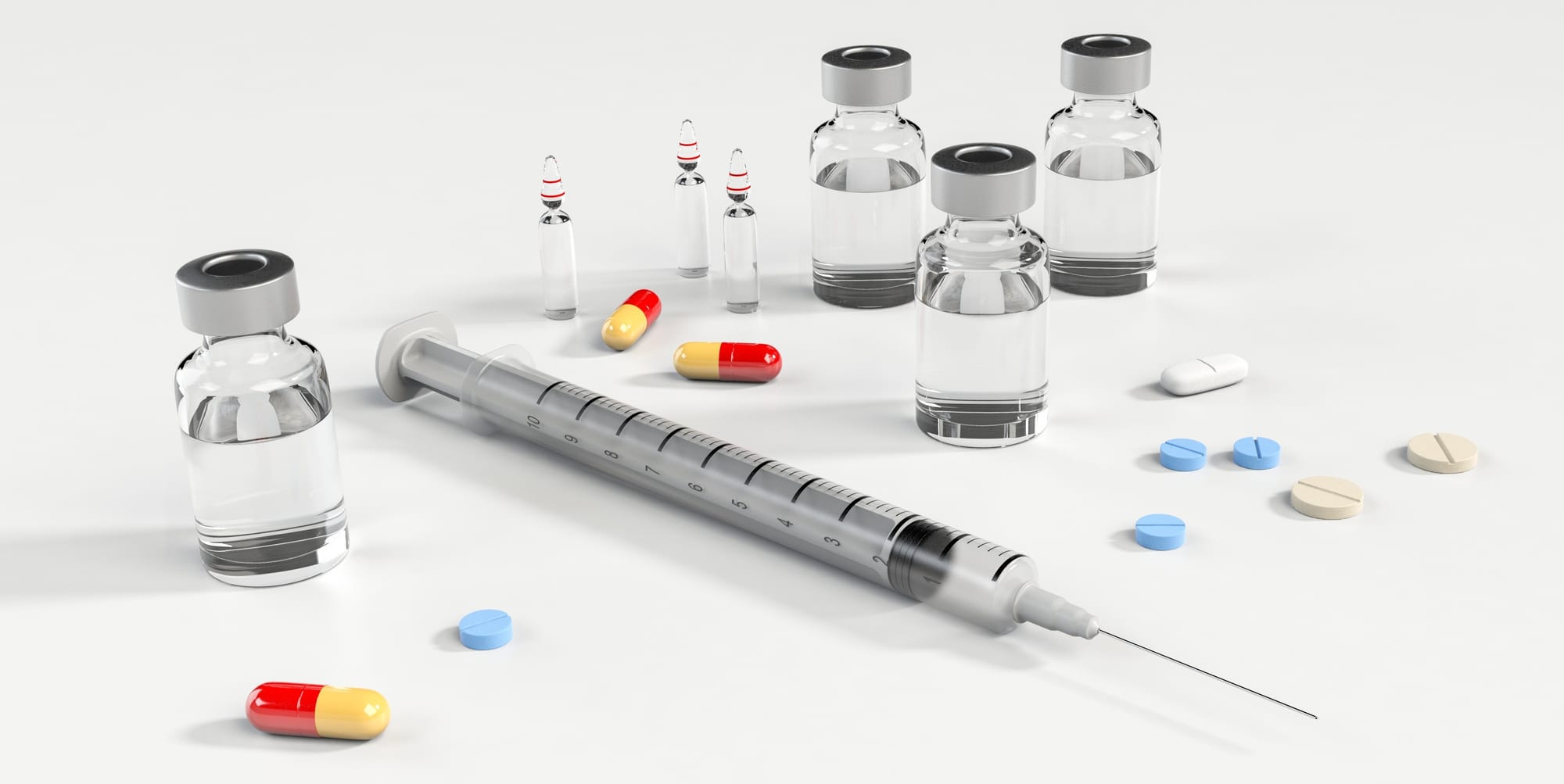
Among the 643 respondents to the recent survey of independent pharmacy owners, an alarming 58.3% indicate that they think they are somewhat likely or very likely to go out of business within the next 24 months; an additional 18.8% express uncertainty about whether they can hold out that long. The deep concern about the future is indicative of an increasingly shaky business foundation. Almost 42% of survey respondents say the financial health of their company is somewhat poor, while 16.8% call it very poor. Equally tellingly, 31.8% of the independents report that they have fallen behind on payments to their pharmaceutical distributor this year.
The culprit is DIR fees under Medicare Part D. Direct and indirect remuneration, the practice by pharmacy benefits managers of clawing back a portion of payments made to pharmacies when they are found to fall short of performance targets, are the biggest problem confronting independent drug stores, according to 62.9% of survey respondents. The No. 2 concern, declining reimbursements resulting from other factors, is cited by just 22.3%.
“Neighborhood pharmacies are being mugged in broad daylight, and no one in Washington is doing anything about it,” Doug Hoey, NCPA’s chief executive officer, said when he announced the survey results. “If Congress or the administration don’t act soon, we’re going to see a wave of layoffs and store closures that will leave many patients stranded without access to a local pharmacist.”
Defenders of DIR correctly point out that the program was intended to benefit patients by incentivizing pharmacies to perform better by such measures as patients’ adherence to their medications. In addition, they argue, the fees play a role in limiting health care expenditures. Both assertions are disputed by pharmacy advocates — chain executives as well as independents — who assert that the fees, ill defined and capriciously applied by PBMs, are eroding the viability of the profession.
Calling DIR as complex and critical as issues get, National Association of Chain Drug Stores president and CEO Steve Anderson told attendees at the NACDS Total Store Expo, “DIR fees are phantom fees. They result from a loophole in regulation. They are inflating patients’ drug costs, and they are squeezing pharmacies out of business. Since 2010, DIR fees have grown by 45,000%, according to the Centers for Medicare and Medicaid Services — 45,000%. As the [NACDS] ad says, DIR is dire. Absolutely dire.”
While the adverse impact of DIR fees has yet to cause an across-the-board retreat among independent pharmacists, store closures are accelerating, and members of the trade class are cutting back. More than a third of independents say they plan to trim hours of operation, and 32.5% plan to reduce the services they offer (although it should be noted that a slightly larger percentage of respondents, 38.9%, are doing just the opposite).
Retail pharmacy proponents have thus far pinned their hopes on regulatory or legislative action to lift the burden of DIR fees, a strategy that appeared to be on the verge of success earlier this year when CMS proposed a rule that would have dealt with the issue head on. But internal disputes within the Trump administration derailed the measure.
Attention has since shifted to Congress, where some progress, particularly in the Senate Finance Committee, chaired by Chuck Grassley (R., Iowa), has been made. The trouble with the legislative process is that it is usually lengthy. And the deliberations of Congress are unlikely to produce a breakthrough on an issue as complicated as DIR at a moment when events are directing the attention of elected representatives to the possible impeachment of the president and the consequences of the pullback of American troops in Syria.
If DIR fees are indeed making the business of pharmacy precarious it may be time for advocates to stop waiting for Congress or the administration to act, and consider opening another line of attack in the courts.

